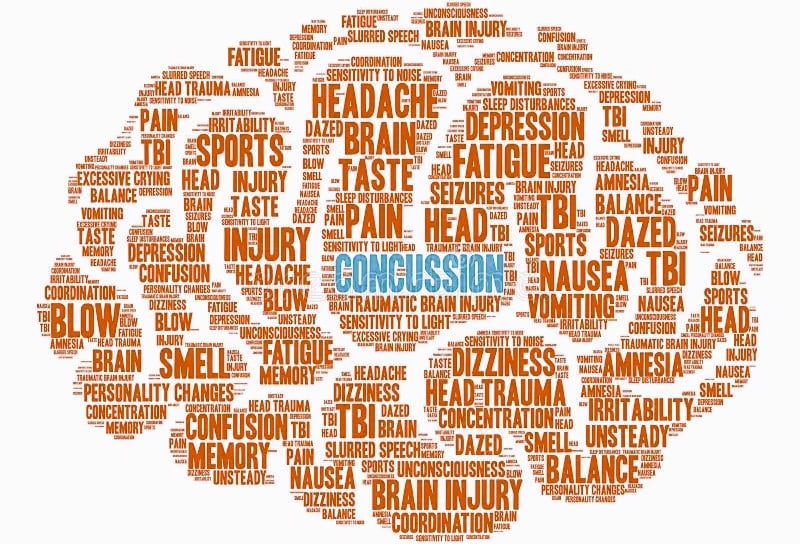Understanding Concussion and its Treatment
"Discover everything about concussions: causes, symptoms, and treatments. Learn how to recognize and manage this common brain injury effectively." #concussion


Understanding Concussion
A concussion is a type of traumatic brain injury that occurs when a sudden impact or jolt to the head causes the brain to move rapidly back and forth inside the skull. This movement can lead to chemical changes in the brain and temporary disruption of its normal functioning.
Causes of Concussion
Concussions can be caused by various incidents, including:
Sports injuries: Concussions commonly occur in contact sports such as football, soccer, and hockey.
Accidents: Falls, car accidents, and physical assaults can also result in concussions.
Explosions or blasts: Military personnel and individuals involved in explosive activities may experience concussions due to the force of the blast.
Symptoms of Concussion
The symptoms of a concussion can vary depending on the severity of the injury. Common symptoms include:
Headache or pressure in the head
Nausea or vomiting
Dizziness or balance problems
Confusion or memory loss
Sensitivity to light or noise
Changes in sleep patterns
Treatment for Concussion
Rest and gradual return to normal activities are the primary treatments for concussion. It is important to allow the brain to heal and avoid activities that could worsen the symptoms. The following steps are typically recommended:
Physical and cognitive rest: This includes avoiding physical exertion, limiting activities that require concentration, and getting plenty of sleep.
Gradual return to activities: Once the symptoms improve, a healthcare professional may provide guidance on gradually increasing physical and cognitive activities.
Medication: In some cases, medication may be prescribed to manage specific symptoms such as headaches or sleep disturbances.
Precautions to Prevent Concussion
While it may not be possible to completely prevent concussions, there are precautions that can be taken to reduce the risk:
Wear protective gear: When participating in sports or activities with a risk of head injury, always wear appropriate protective gear such as helmets.
Follow safety guidelines: Adhere to safety guidelines and rules when engaging in activities that could lead to head injuries.
Maintain a safe environment: Ensure that the surroundings are free from hazards that could cause falls or accidents.
Stay educated: Learn about the signs and symptoms of concussion to be able to recognize them and seek medical attention promptly.
It is essential to take concussions seriously and seek medical attention if you suspect a head injury. Prompt diagnosis and appropriate management can help minimize the potential long-term effects and promote a full recovery.
